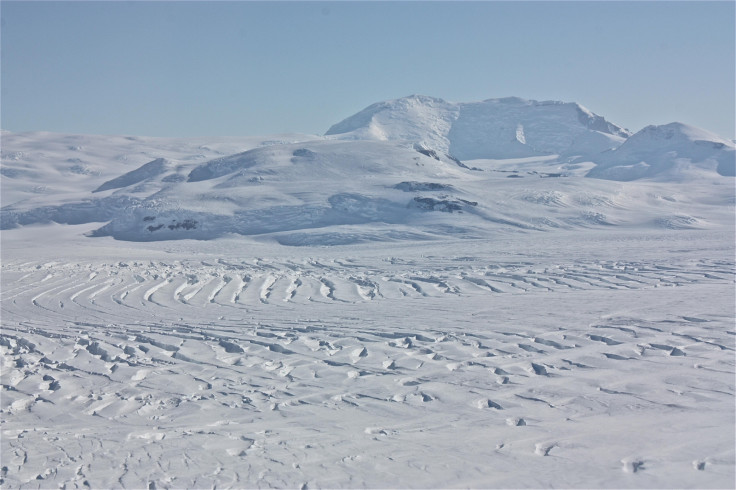West Antarctic Ice Sheet collapse will result in 3m sea level rise and is 'likely starting right now'

The complete collapse of the West Antarctic Ice Sheet would result in a 3m rise in sea level, scientists have said. Using a computer model, the team from the Potsdam Institute for Climate Impact Research found the ice sheet might have already started an irreversible period of collapse that will last for centuries, if not millennia.
Many studies have shown how the West Antarctic Ice Sheet is losing more mass every year, mostly through the receding ice of the Amundsen Sea. In the latest study, researchers ran computer simulations to see if instability in the Amundsen sector could lead to the whole ice sheet collapsing into the sea.
Findings showed the West Antarctic Ice Sheet would collapse completely if the Amundsen Basin becomes unstable. Following this, their simulation showed 60 years of melting at the current rate would be enough to trigger an unstoppable process that would continue for thousands of years.
Publishing their study in the journal PNAS, the authors wrote: "If the Amundsen Sea sector is destabilised, then the entire marine ice sheet will discharge into the ocean, causing a global sea-level rise of about three metres. We thus might be witnessing the beginning of a period of self-sustained ice discharge from West Antarctica that requires long-term global adaptation of coastal protection."
Anders Levermann, co-author of the study, said there is not enough data to say whether the destabilisation of the Amundsen sector is because of greenhouse gas emissions causing global warming. He added: "But it is clear that further greenhouse-gas emission will heighten the risk of an ice collapse in West Antarctica and more unstoppable sea-level rise.
"That is not something we have to be afraid of, because it develops slowly. But it might be something to worry about, because it would destroy our future heritage by consuming the cities we live in - unless we reduce carbon emission quickly."
Lead author Johannes Feldmann said: "What we call the eternal ice of Antarctica unfortunately turns out not to be eternal at all. Once the ice masses get perturbed, which is what is happening today, they respond in a non-linear way: there is a relatively sudden breakdown of stability after a long period during which little change can be found. A few decades can kick-start change going on for millennia. This certainly is a long process. But it's likely starting right now."
© Copyright IBTimes 2025. All rights reserved.






















